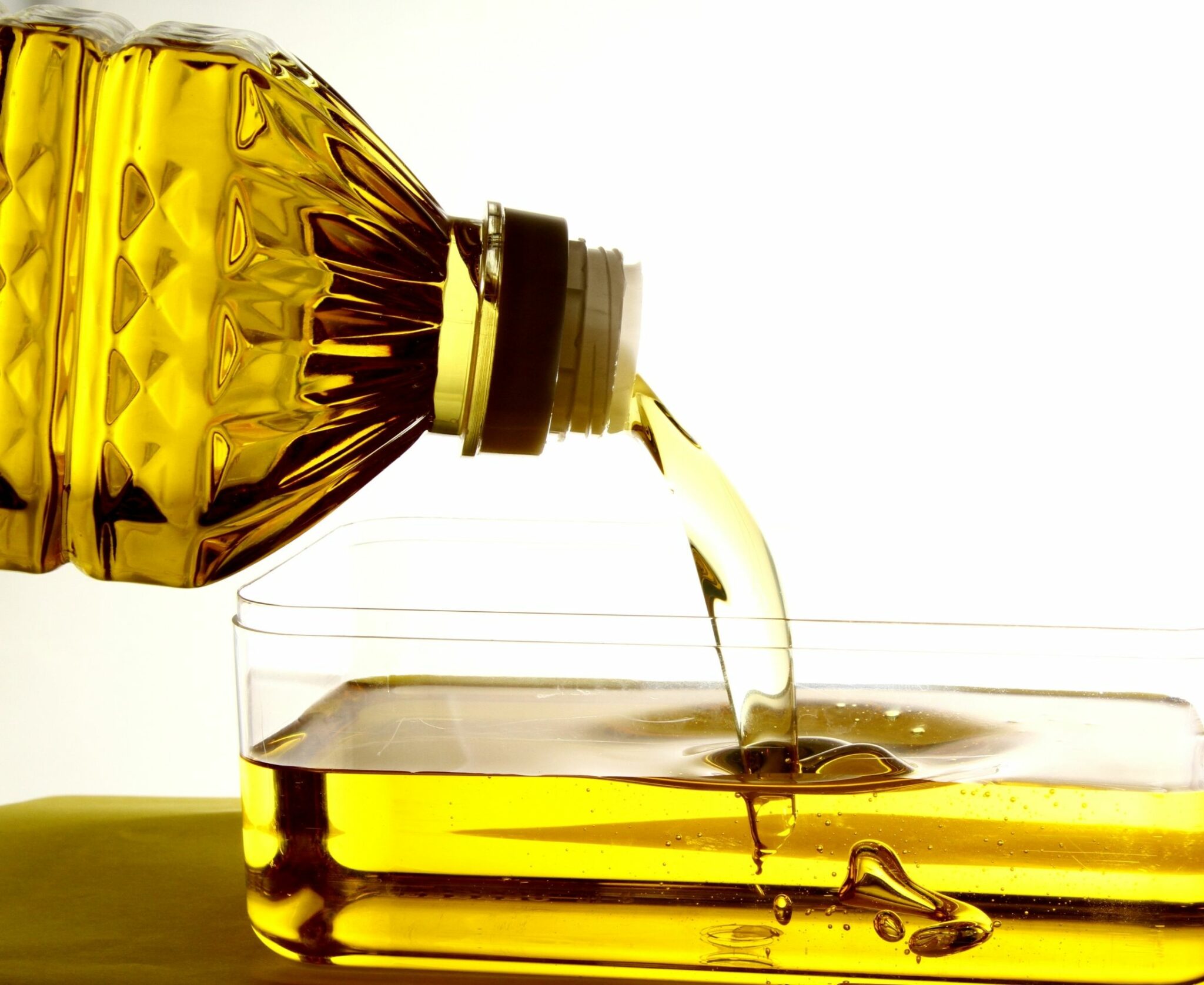The increase in the price of cooking oil has riled consumers prompting parliamentarians to implore the government to provide extra support to cotton farmers so they can produce more locally made cooking oil.
Ordinary people are feeling the pinch of high cooking oil prices, as the price of a 2-litre bottle of cooking oil in Zimbabwe costs at least US$6.
“I would like to suggest solutions that may assist the Minister of Finance. Our economy is agro-based. The price for cooking oil has gone up yet it comes from cottonseed. I think cotton farmers should be paid more so that we can get seeds for cooking oil,” said Rushinga MP Tendai Nyabani in Parliament recently.
The legislator noted that if farmers were encouraged to grow cotton and are paid, the country will not be importing crude oil.
“Farmers should be given the seed and everything else so that they produce more cotton. 25 percent of raw materials come from agriculture. Fertilizer costs more than a tonne of maize; ploughs are also expensive. When you look at the producer price for maize, it is very little. The important thing is bread and butter issues. I think production or the wealth of the nation can increase,” Nyabani said.
He added that farmers should be given incentives because they are the ones who are driving Zimbabwe’s agro-based economy.
“The farmers are concerned because there is no money and this will enable them to work harder,” said the legislator.
In response to this call, Minister of Finance and Economic Development, Professor Mthuli Ncube, concurred it would be advisable to pay cotton farmers so they could grow more cotton and other sources of oil.
“I agree with him (Nyabani). I think we should make sure that these farmers are paid on time so that they can do more. We also need industry to invest more in processing linseed oil in terms of edible oils,” he said, noting over the years there was a shift towards soya.
“But we need to use more cotton, sunflower and also maize at some point. We consume corn maize but in Asia, maize is the largest source of edible oil. It is not soya, it is not sunflower, it is actually maize.”
The minister claimed going forward, the government was open to supporting such value chains to increase the output of edible oils.
“Hon. Nyabani emphasised that we should support the farmers all the time because also their produce is what constitutes about 75 percent of inputs. As a government, we will make every effort to support the growth of value chains within the agricultural sector,” Prof Ncube said.

